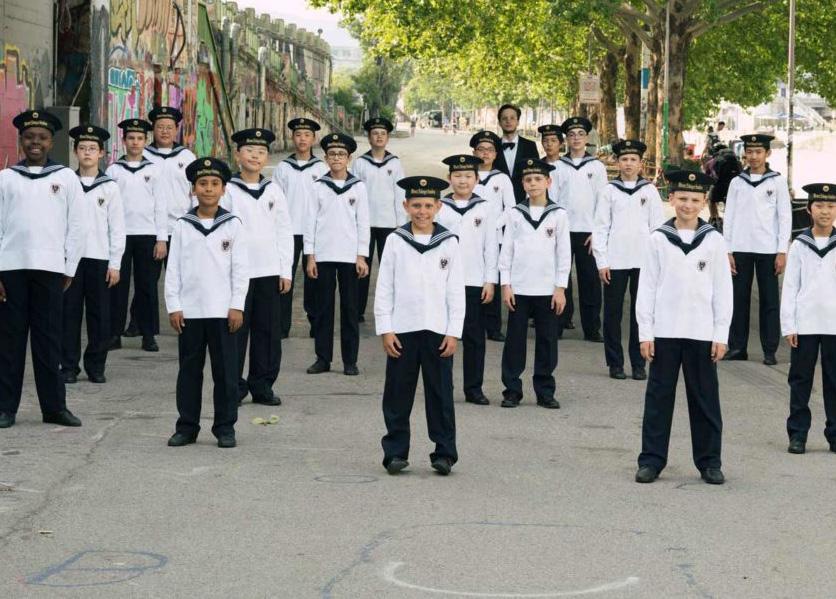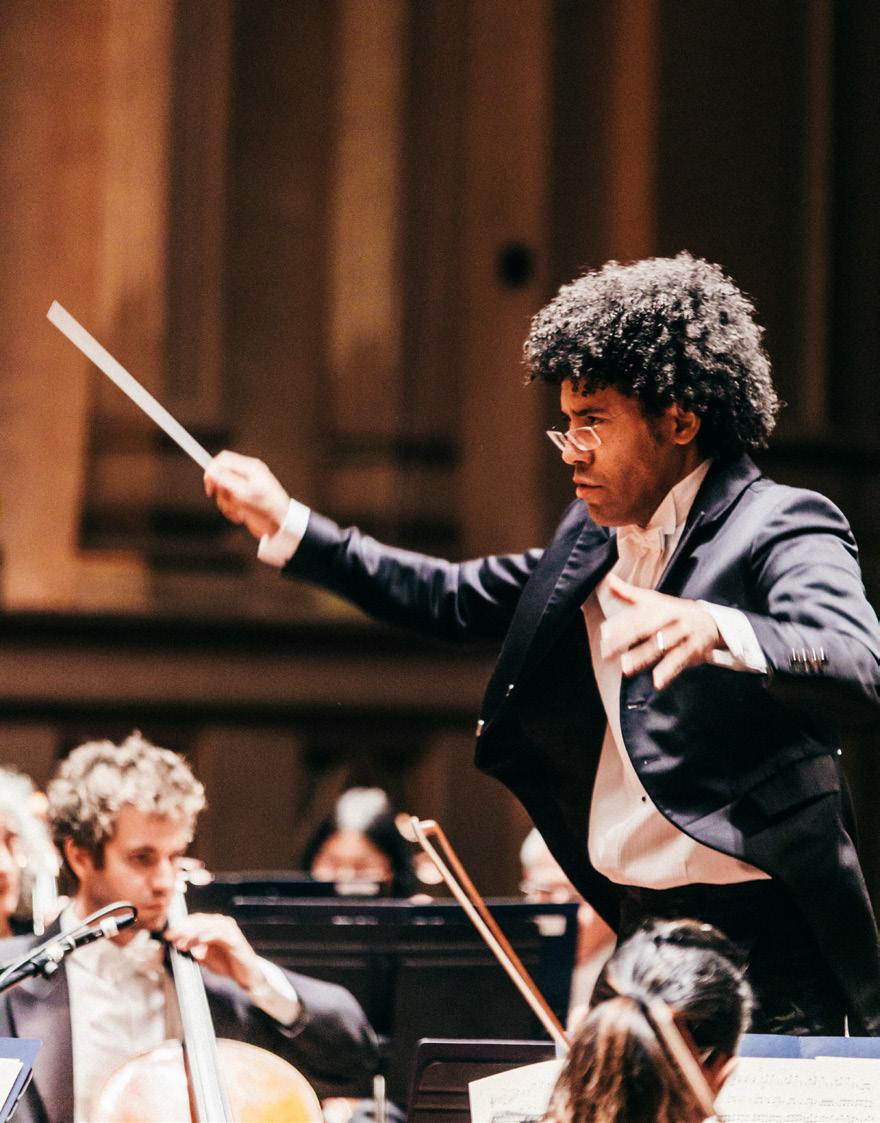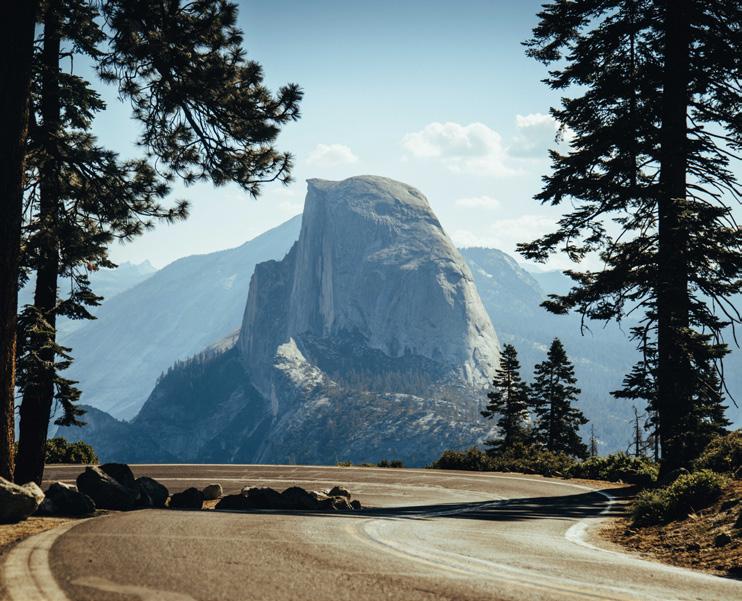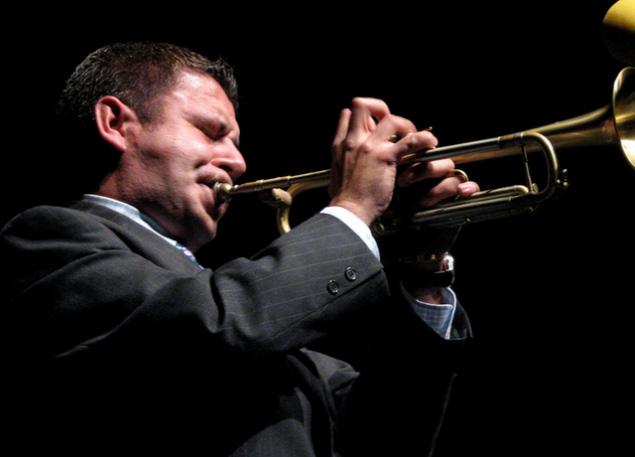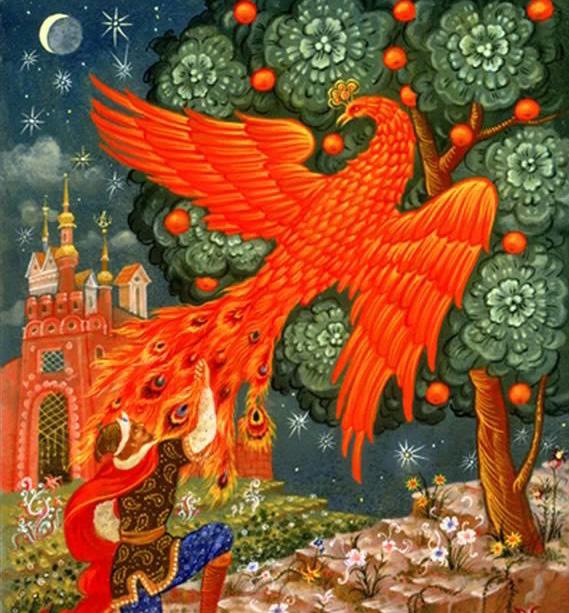
3 minute read
STRAUSS & MAHLER
MAHLER AND STRAUSS
They knew one another for more than 20 years. They championed and conducted each other’s music.
Advertisement
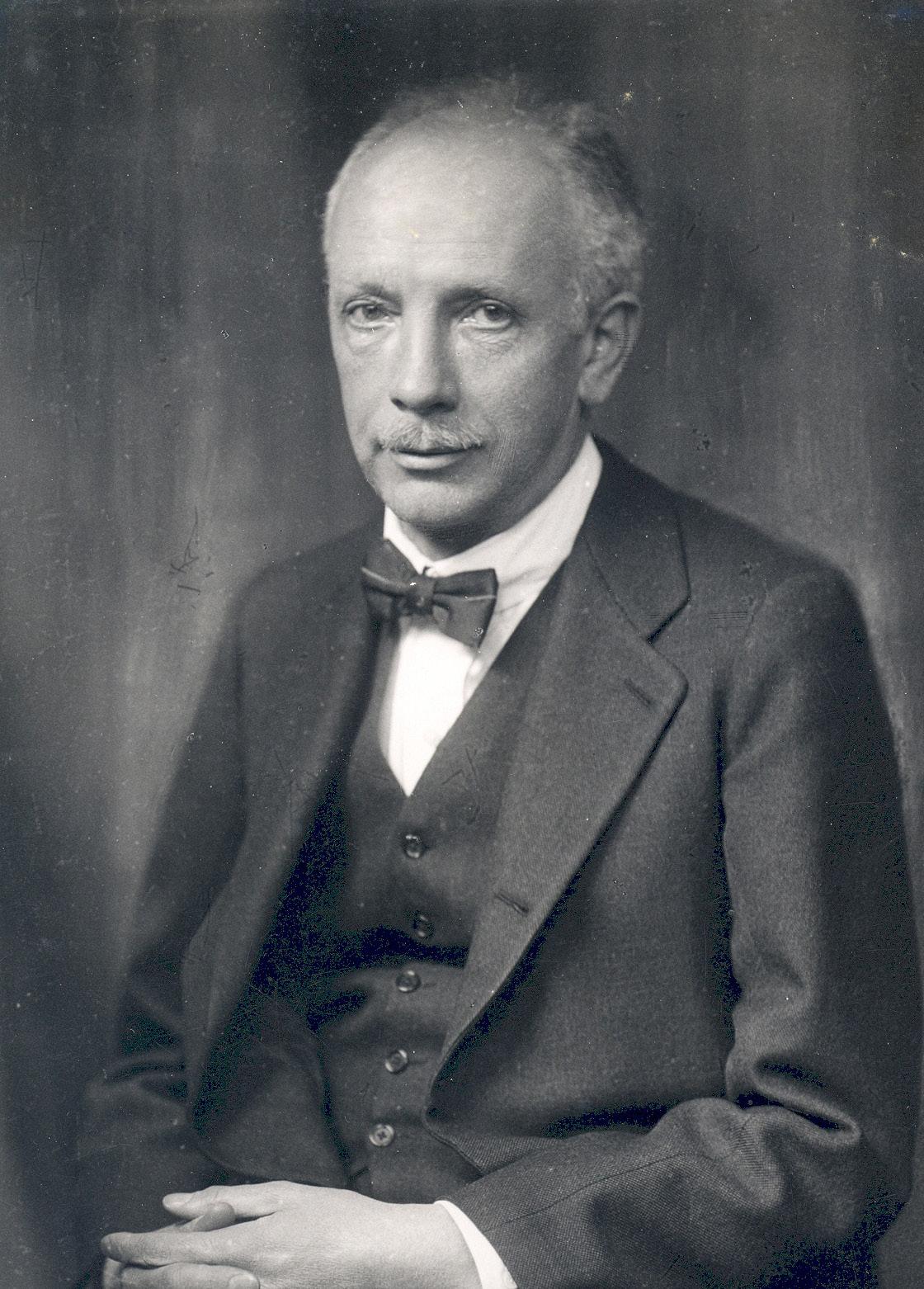
Their careers—one in Austria, one in Germany—paralleled each other in many ways. Gustav Mahler and Richard Strauss are, without doubt, the two giants of the early 20th-century Germanophone musical world. And yet, for all their similarities, they represent two very different approaches to music.
Strauss and I are like two miners,” quipped Mahler, “tunneling into the same mountain from opposite sides.” Their relationship could not be summarized more succinctly.
Strauss embraced the tone poem— popularly thought of as his “film scores without a film”—infusing the genre with the strengths of symphonic form while expanding its narrative and dramatic potential, most famously in Don Juan, Don Quixote, and Till Eulenspiegel's Merry Pranks. Mahler, meanwhile, devoted himself to the symphony, creating arguably the last great body of symphonic works. And yet, his symphonies were infused with the same programmatic elements as Strauss' tone poems.
For Strauss, the stage became a second home. Many of his greatest artistic achievements were born on the operatic stage. Salome, Elektra, Rosenkavalier… A century later, these iconic works of music theater remain central to the repertoire. But even onstage, Strauss' symphonic sensibility remains clear. Salome is, after all, a single continuouslyunfolding act— essentially a sung and dramatized tone poem. Conversely, Strauss' love of operatic voices -- especially sopranos -- extended into the concert hall, in works such as the orchestral song cycle Four Last Songs.
Curiously, Mahler never composed an opera—despite a lifetime spent leading the world’s greatest opera companies, including the Vienna Opera and the Metropolitan Opera. And yet, it’s impossible to miss the increasingly theatrical sensibility of Mahler’s symphonies. How can one experience The Song of the Earth without sensing the stealthy incursion of the operatic stage into the concert hall? The connection becomes even more explicit in his eighth symphony, with its operatic musical setting of the finale from Goethe’s Faust.
It was, however, from their fundamentally opposed worldviews that most of their differences arose. Strauss engaged enthusiastically with contemporary culture, both aesthetically and topically. He experimented with innovations in form and adapted works by controversial authors like Oscar Wilde. His works are infused with the psychological and philosophical trends—Freud and Nietzche are ever-present—of the time.
Mahler, on the other hand, was the last of the great Romantics, and his music displays a detachment from society and an embrace of the abstractly spiritual that betrays the nostalgia at his core. Despite a life lived in Vienna and New York, his work consistently draws on imagery of village life, with the Bohemian folk tunes, Austrian dances, and drinking songs of his childhood making frequent appearances. In The Song of the Earth, it's not hard to hear Mahler as a 20th century descendant of Beethoven and Schubert, his fellow Viennese. These aesthetic and philosophical differences led to the key difference in their music. The Viennese scholar Hans Keller described it most clearly:
Strauss is all about blending. He takes different voices and weaves them together so they become a single tapestry of sound. Mahler, by contrast, is about separating the music out, so each voice takes on a life of its own.”
HEAR MAHLER AND STRAUSS
FRI JAN 29, 8PM | SAT JAN 30, 8PM HUMANS & NATURE: MAHLER'S SONG OF THE EARTH
Rafael Payare, conductor Michelle DeYoung, mezzo soprano Stefan Vinke, tenor
BEETHOVEN: Symphony No. 6, Pastoral MAHLER: Das Lied von der Erde (The Song of the Earth)
SAT MAR 20, 8PM | SUN MAR 21, 2PM PAYARE, RÖSCHMANN, DEBUSSY
Rafael Payare, conductor Dorothea Röschmann, soprano
MOZART: Symphony No. 29 STRAUSS: Four Last Songs DEBUSSY: Images
FRI MAY 21, 8PM | SAT MAY 22, 8PM SUN MAY 23, 2PM SEASON FINALE: PAYARE & WEILERSTEIN
Rafael Payare, conductor Alisa Weilerstein, cello
R. STRAUSS: Till Eulenspiegel's Merry Pranks ELGAR: Cello Concerto TCHAIKOVSKY: Symphony No. 4



